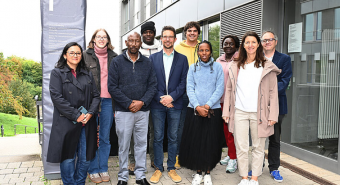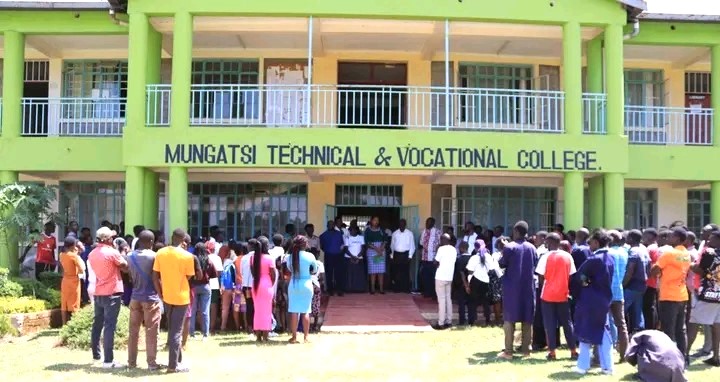A delegation from the University of Nairobi (UoN) recently visited Rheinland-Pfalz Technical University Kaiserslautern-Landau (RPTU) in Germany to advance a long-standing joint research initiative aimed at combating aflatoxin contamination in Kenya’s food systems.
The visit, which took place in late September, marks the latest phase in a collaborative research project that began in 2018 with “AflaZ” and is now continuing under the “SolFOOD” program (2024–2027).
The focus of the project is to develop sustainable solutions to reduce aflatoxin contamination—a serious public health threat in Kenya caused by toxic, carcinogenic molds that affect staple crops such as maize.
The UoN delegation included Professors Sheila Okoth (Biology) and David Kariuki (Chemistry), alongside two doctoral students.
“This collaboration is grounded in mutual respect and shared goals, we have already developed solutions that are being sustainably integrated into communities,” said Prof. Kariuki.
ALSO READ:
KCB Foundation, Nyeri County equip youth through 2Jiajiri business development workshops
The SolFOOD project is focused on translating research into practical solutions. Previous phases of the collaboration successfully reduced aflatoxin levels through farmer training on soil and post-harvest handling practices. The current phase expands the research scope to include methods of decontaminating already-affected crops—an essential step in safeguarding food security and public health.
The initiative is strongly interdisciplinary and inter-institutional, bringing together UoN’s Environmental and Soil Chemistry Working Group and its Chemistry Education Working Group, which focuses on risk literacy. German partners include the Julius Kühn Institute, with additional support from the Kenya Agricultural and Livestock Research Organization (KALRO).
The project is funded by the German Federal Ministry of Agriculture, Food, and Homeland Security. Student exchanges, including the current doctoral placements, are supported by the European Union’s ERASMUS program.
The ability to support UoN doctoral students in Germany marks a key milestone in the collaboration, which both institutions view as a model for impactful international research partnerships.
By Obegi Malack
You can also follow our social media pages on Twitter: Education News KE and Facebook: Education News Newspaper for timely updates.
>>> Click here to stay up-to-date with trending regional stories
>>> Click here to read more informed opinions on the country’s education landscape






